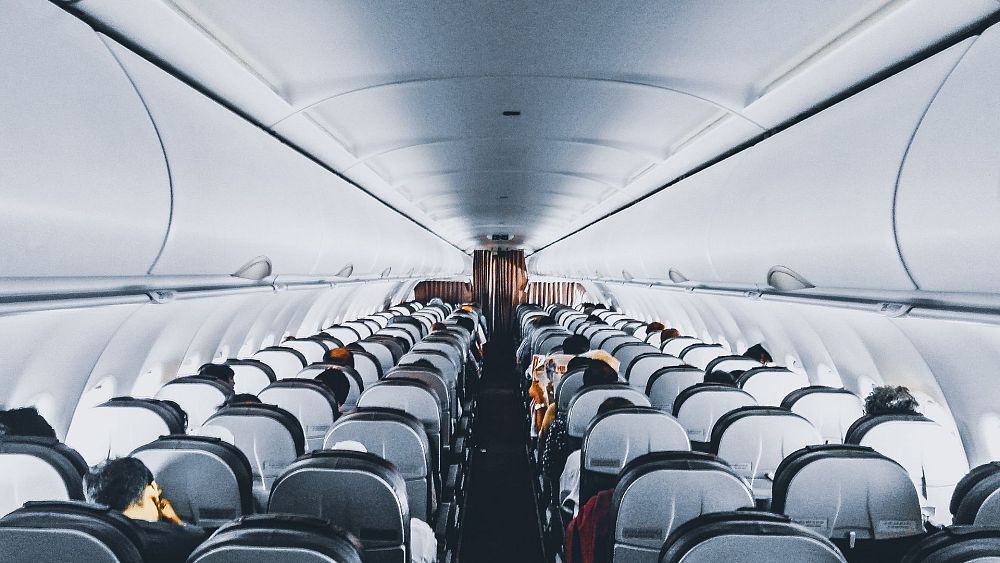Are you a superstitious flyer?
You’re not alone. Between two and five per cent of the population experience severe anxiety at the thought of flying. And up to 40 per cent of people experience some form of fear in the air.
Plenty of passengers resort to rituals to ease this phobia such as lucky seat numbers, touching the outside of the plane or wearing specific clothing items. To avoid superstitious seat swaps, many airlines skip rows 13 and 17.
But where does this policy come from, and which airlines abide by it?
Why are 13 and 17 considered unlucky numbers?
Fear of the number 13 is so common that it even has a name. The word ‘triskaidekaphobia’ or the extreme superstition around the number 13, first appeared in 1911 in an American psychology journal.
The origins of the mass aversion to this number are unclear but it is most common in the Western world.
According to Christian scripture, Judas Iscariot - the disciple who betrayed Jesus Christ - was the 13th guest at the last supper.
In the Mayan calendar, the 13th baktun - a calendrical unit of around 390 years - was predicted to coincide with the end of the world in 2012.
Others attribute the perceived unluckiness of 13 to Norse Mythology. According to a Norse legend, 12 gods were enjoying a feast in Valhalla when Loki, a trickster God, arrived uninvited and arranged for one of the guests to shoot another.
One common theory is that the number’s negative associations come from its position after 12, which is often considered a lucky number.
In Italy, 17 is considered an unlucky number. Rearranging the Roman numeral XVII can create the word "VIXI", which is Latin for "my life is over."
These aren’t the only unlucky numbers. In China, the pronunciation of the word four sounds like the Chinese word for death.
Which airlines skip unlucky rows?
Ryanair, Air France, Singapore Airlines, Cathay Pacific, Qatar Airlines, Emirates, KLM and Iberia all skip row 13 on certain planes. So does German carrier Lufthansa.
“Rows 13 and 17 are missing because these are considered unlucky numbers #bettersafethansorry,” Lufthansa said in a 2017 tweet, accompanied by a wink emoji.
United Airlines doesn’t have a row 13 or 14 either, with row 14 considered unlucky as it sounds like “will die” in Chinese.
What other superstitions are there around flying?
According to a 2016 survey, around 17 per cent of passengers feel better if they can touch the outside of the plane before they take their seat - making it the most common flight superstition.
Other data suggests that flights from the UK to Europe are around 39 per cent cheaper on Friday the 13th as people worry about something going wrong with their trip on this notorious bad luck day.
“If you’re not superstitious, then there are savings to be made by travelling on Friday 13th,” said Laure Bornet, Vice President EMEA at KAYAK.
Some pilots are a suspicious bunch, too. According to online aviation forums, many report tapping the wings of the plane before take off and eating the same meal before every flight.


